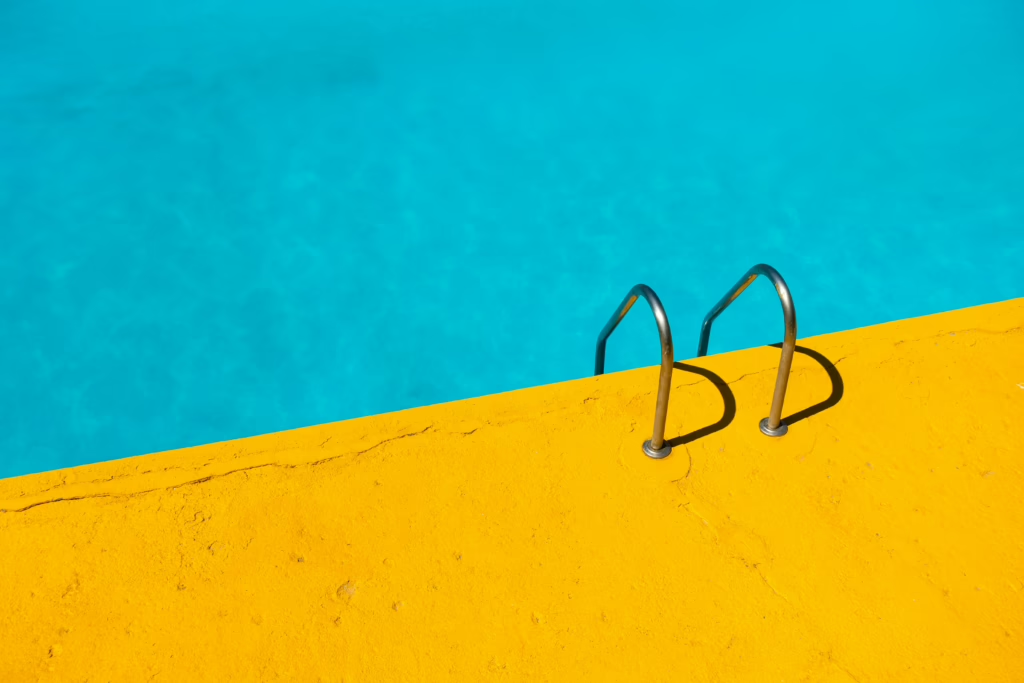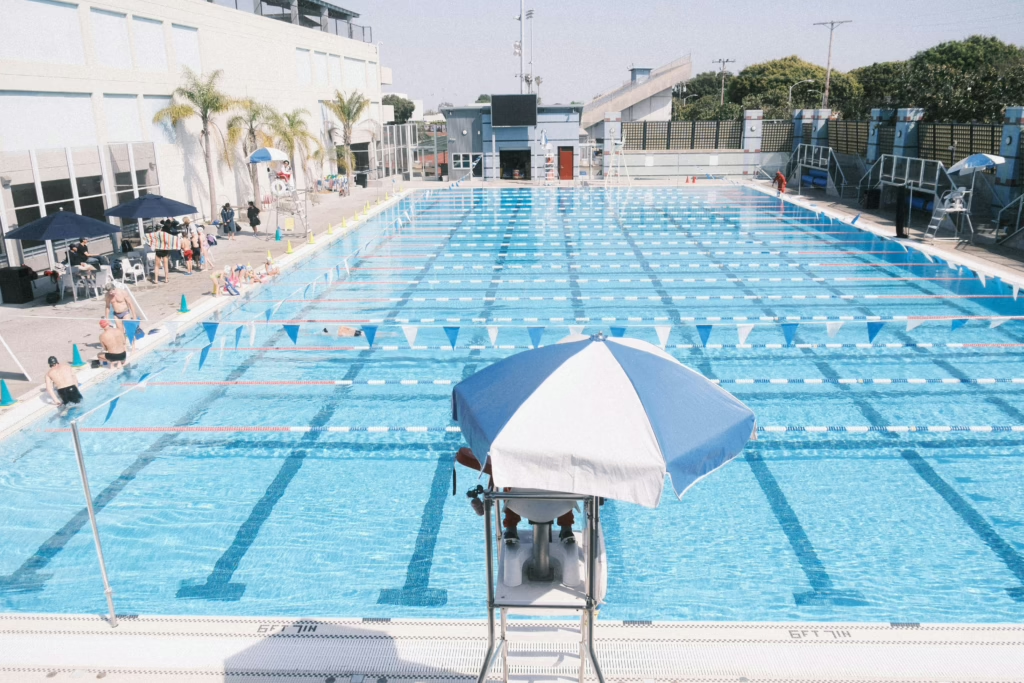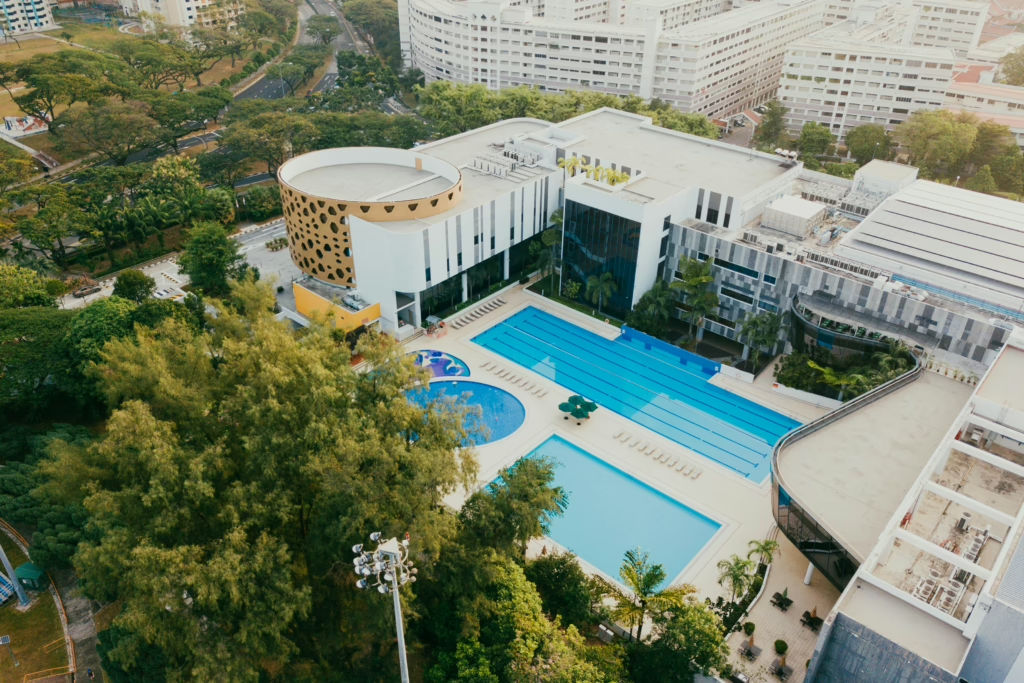A well-functioning pool pump is essential for maintaining clean, safe, and enjoyable pool water. But when your pool pump starts showing signs of trouble, finding a trustworthy repair service becomes critical. A poorly repaired pump can lead to more frequent breakdowns and unnecessary expenses.
San Diego pool owners need skilled professionals who understand local conditions, offer transparent pricing, and provide fast, reliable service. This article will guide you on what to look for in a pool pump repair company and why PoolLogic San Diego is a top choice for pool pump repair near you.
Signs You Need Pool Pump Repairs
Your pool pump is designed to keep pool water circulating, filter out debris, and ensure proper chemical distribution. However, like any mechanical system, it can experience issues over time.
Common Signs of Pool Pump Problems
- Unusual Noises: Grinding, screeching, or humming sounds often indicate motor or bearing problems.
- Low or No Water Flow: A clogged impeller, air leaks, or damaged components can restrict water movement.
- Leaking Water: Pool pump leaks may be caused by worn-out seals, cracked housings, or loose fittings.
- Frequent Shutdowns: Electrical issues or overheating can cause your pump to turn off unexpectedly.
- Higher Energy Bills: An inefficient pump can consume more energy, driving up your utility costs.
Top Qualities of a Reliable Pool Pump Repair Service
Finding the right repair company can make all the difference in resolving your pool pump issues quickly and effectively. Here’s what to look for when choosing a service provider:
1. Certified Technicians with Local Expertise
In San Diego, local expertise is key. A reliable pool pump repair company should have certified technicians who understand the unique challenges of maintaining pools in the region, such as managing debris from coastal winds or adjusting to varying water quality. Certified professionals have the training and experience to accurately diagnose and repair your pump.
2. Transparent Pricing and Warranties
Hidden fees and unclear pricing can frustrate customers. Choose a company that offers upfront estimates and clearly explains its repair process. Additionally, warranties on repairs or replacement parts provide peace of mind, ensuring that the job is done right the first time.
3. Quick Response Times and Emergency Services
A malfunctioning pool pump can disrupt your pool’s operation, especially during San Diego’s warm months when pools are heavily used. Look for a repair service that offers quick response times and emergency support to minimize downtime and prevent further damage.
4. Positive Customer Reviews and Testimonials
Reputation matters. Check online reviews, ratings, and testimonials to gauge the company’s reliability and customer satisfaction. Consistently positive feedback is a strong indicator of quality service. Pay attention to comments about timeliness, professionalism, and effectiveness.
How to Choose the Right Service Provider
Before hiring a pool pump repair service, consider the following checklist:
- Experience and Certifications: Ensure technicians are licensed and experienced.
- Customer Reviews: Check for a track record of positive feedback.
- Warranty Options: Ask about guarantees for parts and labor.
- Transparent Quotes: Look for companies that provide clear, upfront pricing.
- Availability: Choose a service that can respond quickly to your needs.
Doing your homework can avoid unnecessary stress and ensure you’re working with a trusted professional.
FAQs: Pool Pump Repair Near Me
1. What are the signs my pool pump needs repair?
A pool pump needing repair often exhibits clear warning signs. These include unusual noises such as grinding, humming, or screeching, which might indicate motor or bearing issues. Low or no water flow suggests clogs, leaks, or a malfunctioning impeller. If your pump frequently shuts off, leaks water, or causes a sudden spike in energy bills, it’s time to schedule a professional inspection.
2. How much does a pool pump repair cost near me?
The cost of pool pump repair varies depending on the issue and your location. In San Diego, typical repair costs range between $150 and $400. Factors influencing the price include the complexity of the repair, labor rates, and whether replacement parts are needed. To get an accurate quote, it’s best to consult a local pool repair specialist.
3. Can I repair my pool pump myself?
Specific minor issues, such as cleaning a clogged pump basket or replacing an O-ring, can be tackled by DIY-savvy pool owners. However, professionals should handle complex problems like motor repairs, electrical issues, or significant leaks. Attempting these repairs without the necessary expertise may lead to further damage or safety risks.
4. Why is my pool pump making a loud noise?
Loud noises from a pool pump often indicate mechanical or operational issues. Grinding or screeching could point to worn bearings while humming, indicating a clogged impeller or motor trouble. Air leaks in the suction line can also cause strange noises. Addressing these issues promptly is crucial to avoid further damage to the pump.
5. What causes a pool pump to stop working?
A pool pump can stop working for several reasons. Common culprits include electrical problems like tripped breakers or loose wiring, mechanical issues like a damaged impeller or motor failure, or clogs in the suction line. Regular maintenance can help prevent these problems and keep your pump running smoothly.
6. Should I repair or replace my pool pump?
The decision to repair or replace your pool pump depends on its age and the extent of the damage. If your pump is relatively new (under 5–7 years) and the repair cost is minimal, repairing it is usually a good option. However, replacement may be more cost-effective if the pump is over 10 years old or the repair cost exceeds 50% of the price of a new pump.
7. How long should a pool pump last?
A well-maintained pool pump can last 8–12 years. Regular cleaning of the pump basket and filters, maintaining balanced water chemistry, and promptly addressing minor issues can significantly extend your pump’s life.
8. Why is my pool pump leaking?
Pool pump leaks are commonly caused by worn seals or O-rings, loose fittings, or cracks in the pump housing. If left unaddressed, leaks reduce pump efficiency and can lead to more severe damage. Regular inspections and timely replacements of worn components can prevent leaks and ensure optimal performance.
9. What can I do to prevent future pool pump repairs?
Preventative maintenance is key to avoiding frequent repairs. Clean the pump basket and pool filters regularly to prevent clogs. Keep the area around the pump free of debris and ensure proper ventilation to avoid overheating. Maintaining balanced water chemistry also minimizes stress on the pump. Scheduling routine professional inspections can help detect potential issues before they escalate.
10. How quickly can pool pump repair be completed in San Diego?
Most pool pump repairs in San Diego can be completed within a few hours to a day, depending on the issue’s complexity and the parts’ availability. Simple maintenance, such as replacing an O-ring or clearing a clog, are typically quick, while motor replacements or major fixes may take longer. Choosing a reliable local service ensures timely and efficient repairs.
Final Thoughts
Maintaining your pool pump is essential for enjoying a clean and well-functioning pool. When problems arise, choosing the right repair service is critical to resolving the issue efficiently and cost-effectively.
For San Diego pool owners, PoolLogic is the go-to provider for expert pool pump repair near you. With a focus on quality, reliability, and customer satisfaction, they’re ready to handle all your pool pump needs. Contact PoolLogic today to schedule your repair service and keep your pool in perfect condition year-round!



